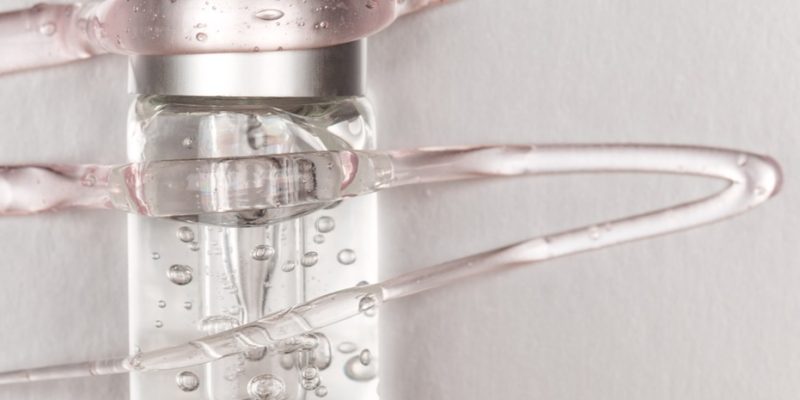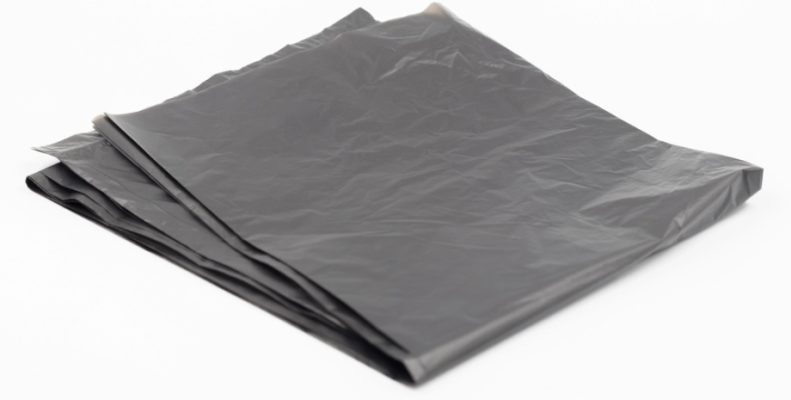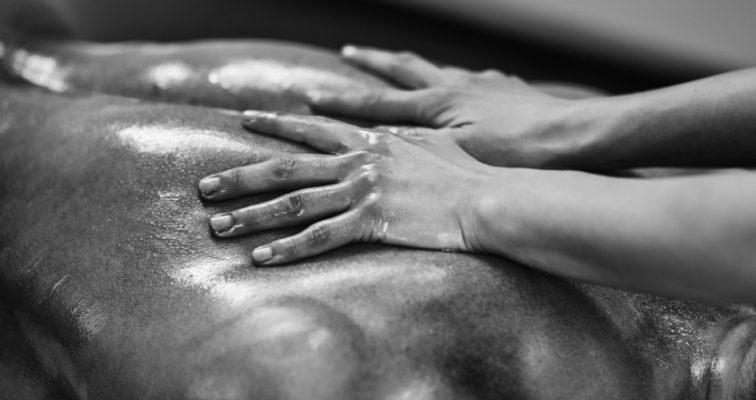
Nuru Massage is very intimate work, and choosing the right therapist or practitioner is of great importance to avoid unpleasant experiences on one side and to get the best out of what a Nuru Massage can offer you on the other side.
Mind that Nuru Massage practices are not always regulated (actually, in most cases they’re not), which means that basically anyone — within the margins of applicable law — can offer and give a Nuru Massage, qualified massage professionals and non-professionals included.
Important aspects of choosing your practitioner are: their certification and/or qualification, clear communication and mutual consent, hygiene, and understanding what exactly the massage therapist will offer (or intends to offer).
Nuru Session Time and Costs
A proper Nuru Massage treatment session takes time. Depending on you and the practitioner, and the type of work that will be done, a session will at least take between an hour and three hours.
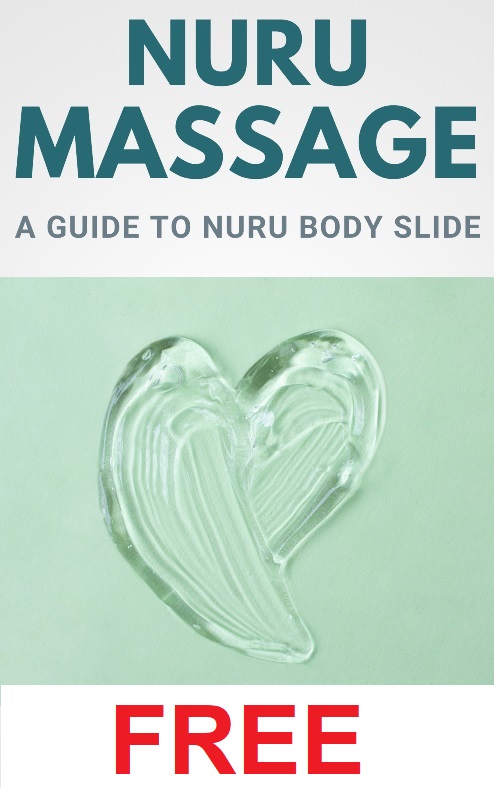
Doing a Nuru session in less time is actually not really possible, because there’s simply a lot of work involved, which includes inquiry, talking, taking a shower or bath, the session itself (which is slow, gentle, and time-consuming work), feedback, rest time after the session, again taking a shower or cleansing yourself, maybe even accompanied by sexual intercourse.
Mind that “time is money,” as the saying goes. Nuru Massage is generally rather costly, but don’t just go for the cheapest option. The work is much too intimate and elaborate to go for a bargain, which in the latter case will most certainly offer you less professionalism and quality.
Choose a reputable, legal Nuru Massage provider that can offer you a discreet, hygienic, private, and professional ambience and environment.
Qualification of the Nuru Provider
It’s best to choose a session with a qualified Nuru Massage practitioner. Of course, you can also get a recommendation from someone you trust.
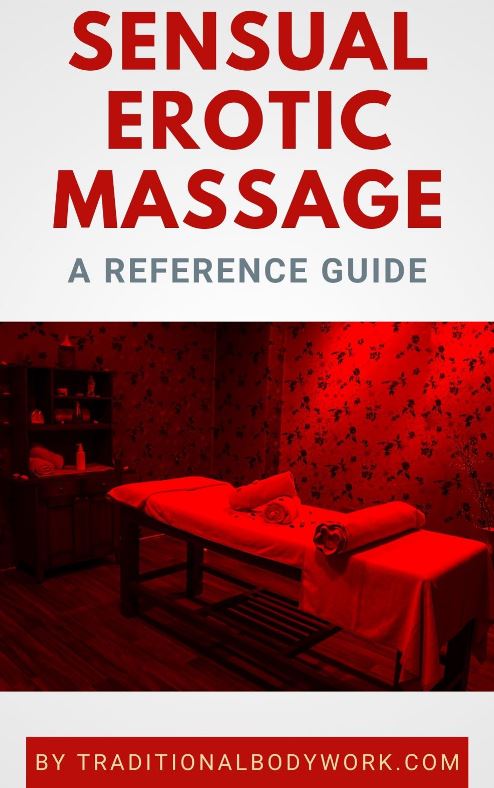
It doesn’t mean that practitioners that don’t have an official certification or qualification are not good at their work, but it’s better to be on the safe side. That is, do research about the background and official qualifications of the establishment and/or practitioner before you book the session.
Research includes checking things out on their website and social media. Read what they write about giving a Nuru Massage, or maybe even watch some videos of the practitioner if those are available. It’s important that you have a good “vibe” with what the practitioner and/or establishment intends and “radiates.”
If you have questions about the practitioner, the session, or about your needs — reach out. Email, chat, call! You can also ask for a consultation before a session (for instance, online via Skype or Zoom) so that you can build a relationship and establish trust.
Mutual consent (that is, an agreement about what will happen during the session), safety, and the boundaries of a session are of primordial importance. These topics need to be discussed before the session.
Perhaps it goes too far to sign a “session contract” or consent form, but that may certainly be an option. Another option that can be built in to ensure a safe session is to agree on a so-called safe word, which is a word you agree on with the practitioner, which, when said by you, will immediately stop the session.
In any case, always discuss safety and boundaries before the actual session begins.
Hygiene and Nuru Massage
Hygiene is imperative to avoid infections and simply to have a comfortable feeling, and this is even more the case with a nude body-to-body Nuru Massage. Luckily, proper Nuru Massage sessions will always start with first taking a shower or bath together with the practitioner, so cleanliness of your bodies is basically guaranteed.

Another thing is that professional Nuru Massage providers should actually work with disposable waterproof sheets or other disposable bedding, or at any case follow strict sanitizing protocols to ensure that the materials used are clean and/or disinfected.
Nevertheless, mind that some sexually transmitted infections (STIs) can spread through genital skin-to-skin contact (even if you’ve showered beforehand), which may be a risk in Nuru Massage if the genitals come into contact with each other. Thus, using a condom, even if there will be no sexual intercourse, is advised.
Of course, a hygienic environment and working style is often something you can only really assess when meeting the practitioner or when you’re at the Nuru session location. Nevertheless, if things are not as they should be, it’s better to just cancel the session and leave.








